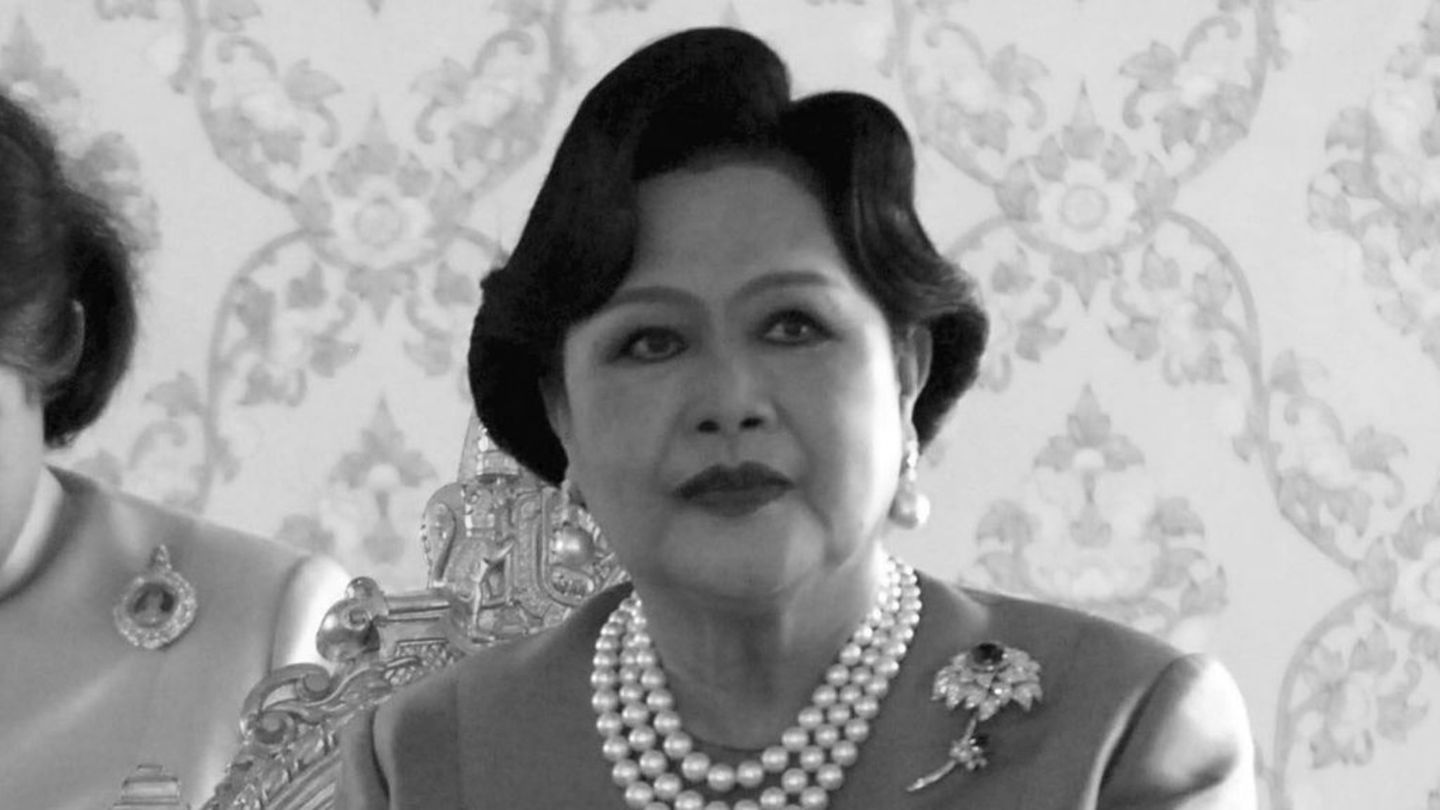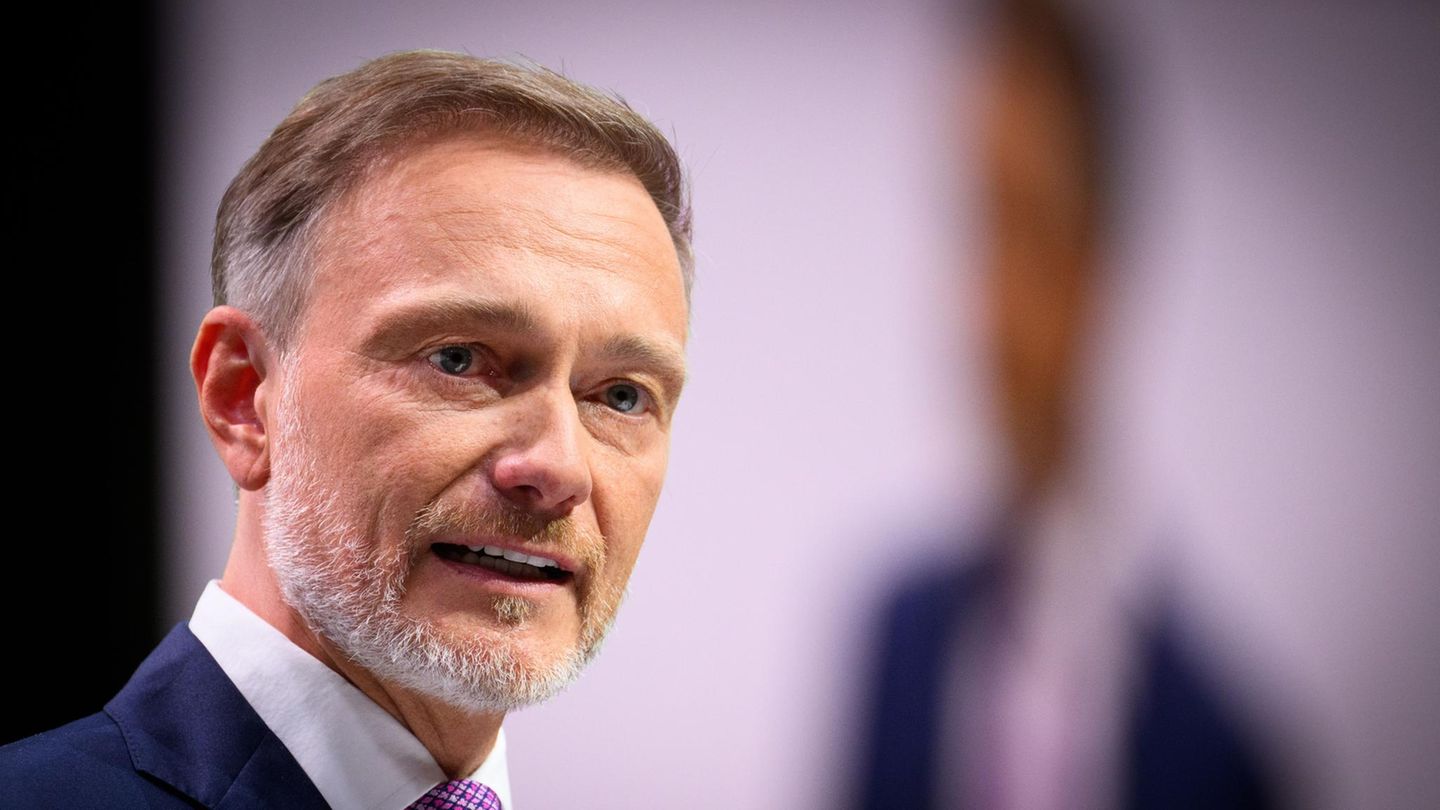According to experts, the central bank artificially supported the lira before the presidential election in order to present the economic situation more positively. This could change now.
Speculations that Turkey’s central bank would ease its intervention in the foreign exchange market accelerated the lira’s slide on Wednesday. It fell by a good five percent against the US dollar and the euro, once again marking historic lows. In the morning, up to 23.27 lira had to be paid for one dollar and up to 24.79 lira for one euro – more than ever before.
According to experts, the central bank artificially supported the lira before the presidential election due to political pressure in order to paint a more positive picture of the economic situation. Before the runoff election for the presidency at the end of May, which incumbent Recep Tayyip Erdogan won, the rates were still around 20 lira per dollar and 21.50 lira per euro.
Turkey’s currency has been under pressure for years, the country’s economy is weakening and inflation is high. Most recently, inflation was still just under 40 percent despite a decline. At the top, up to 85 percent were marked last year.
Erdogan appoints new economic team
Now Erdogan wants to win back trust in the financial markets with a new economic team. He appointed the internationally renowned expert Mehmet Simsek as finance minister to the new cabinet. Cevdet Yilmaz was appointed Vice-President, he is also considered to represent a traditional economic policy.
The Turkish central bank quickly lowered the key interest rate again after the sharp increase in 2018 due to political pressure. In the past, Erdogan had repeatedly spoken out in favor of falling interest rates because, in his opinion, this was the only way to win the fight against high inflation. However, this not only contradicts current economic theory, but also practical knowledge from the past.
Source: Stern




